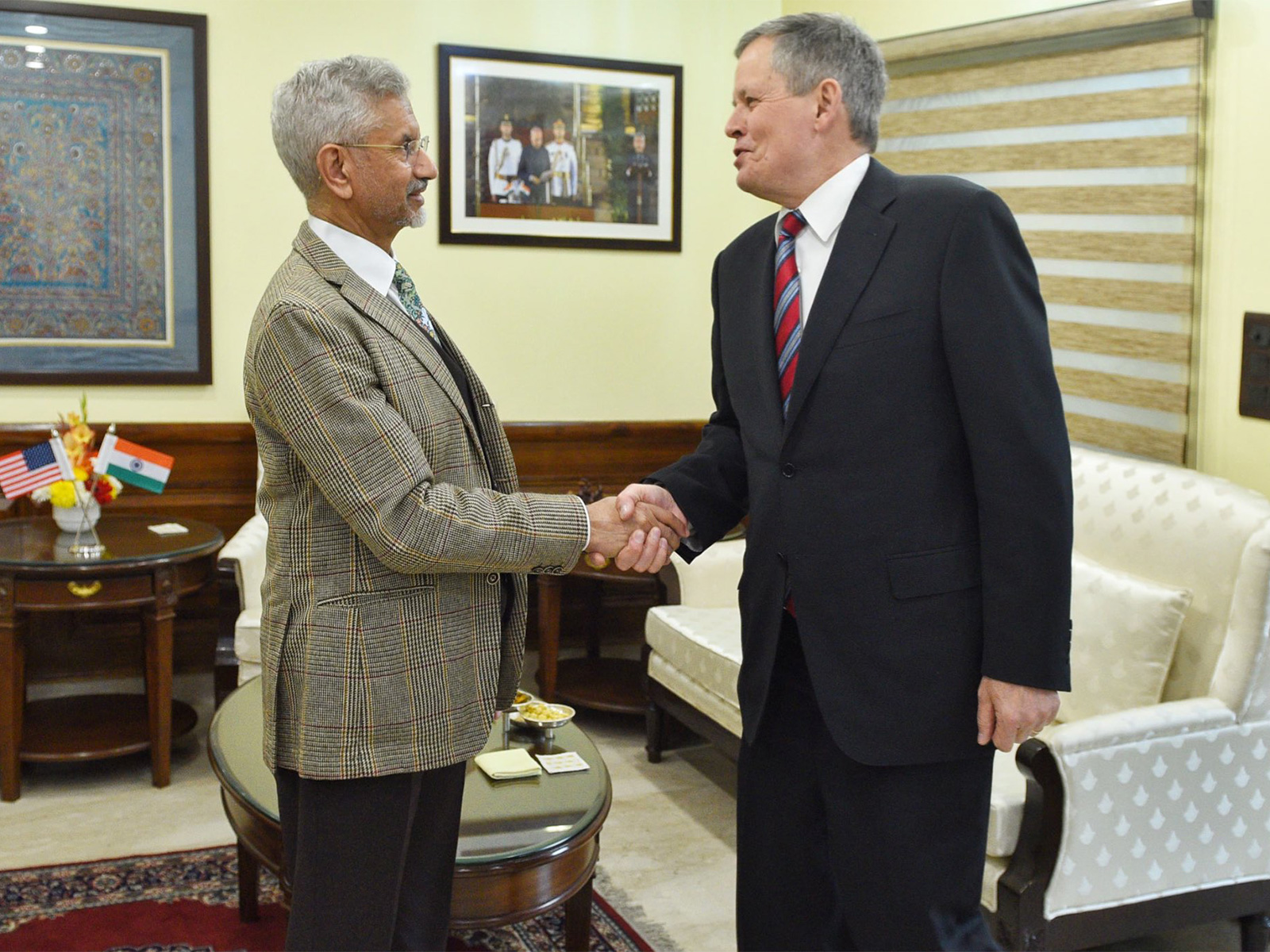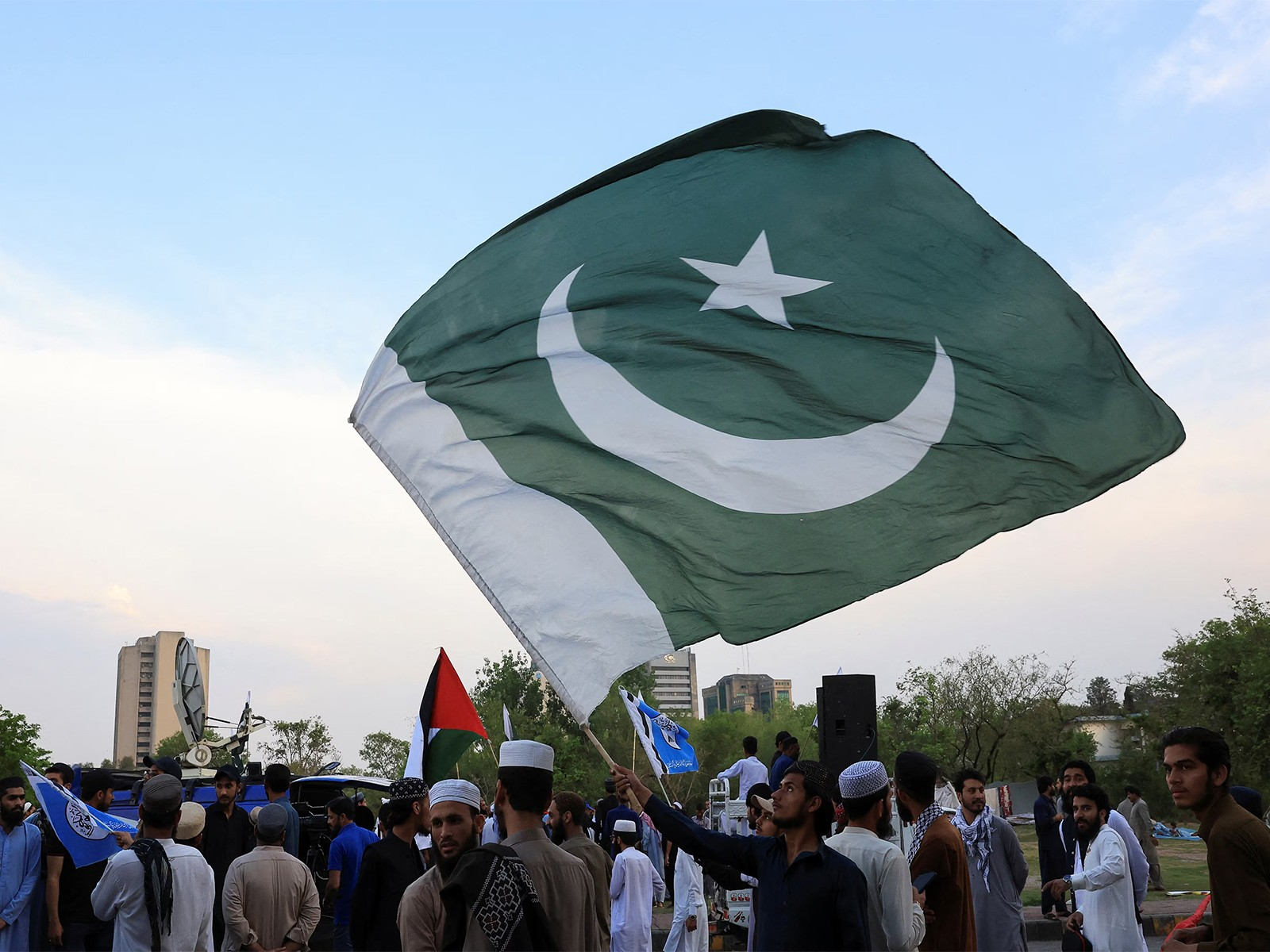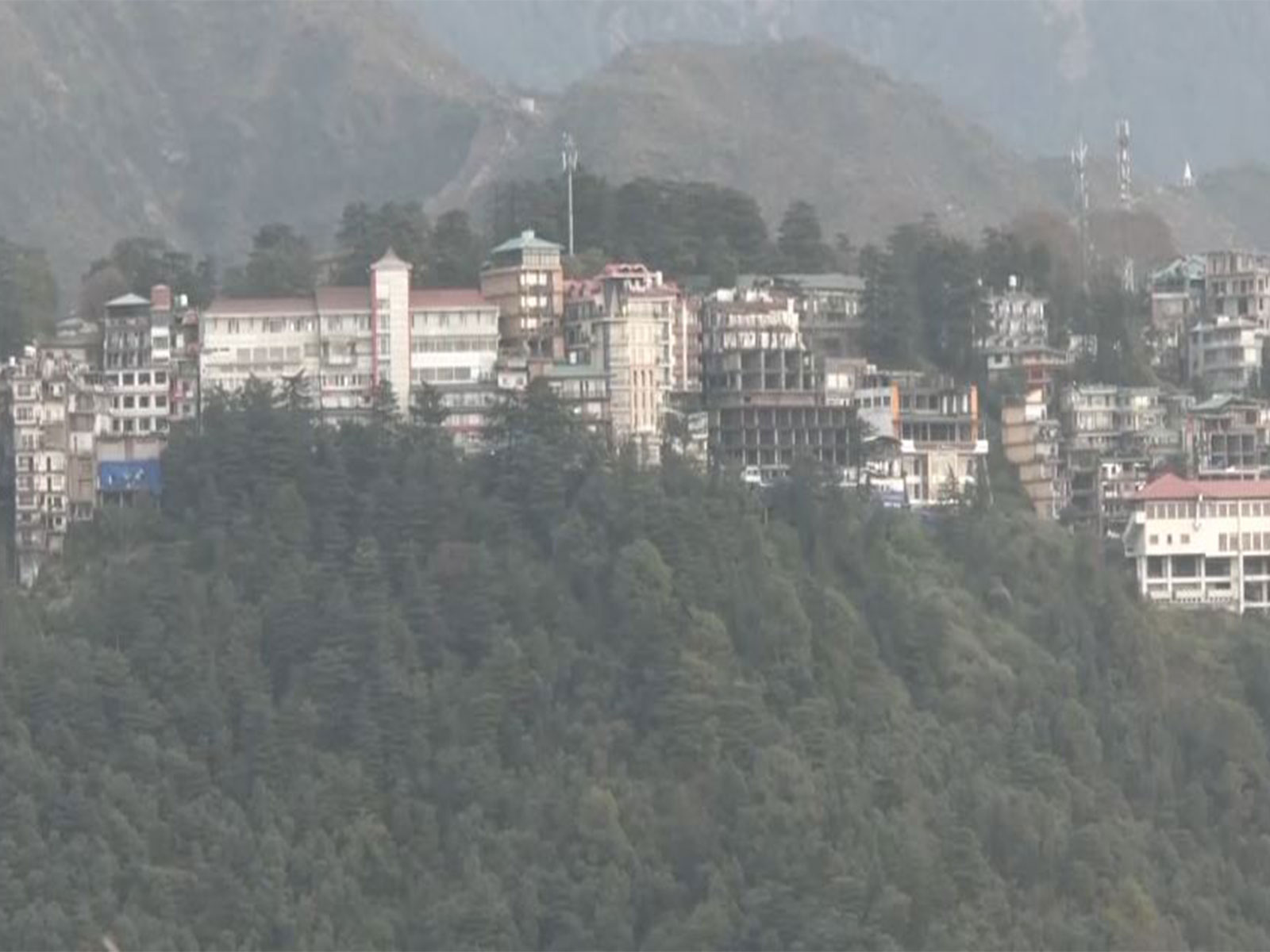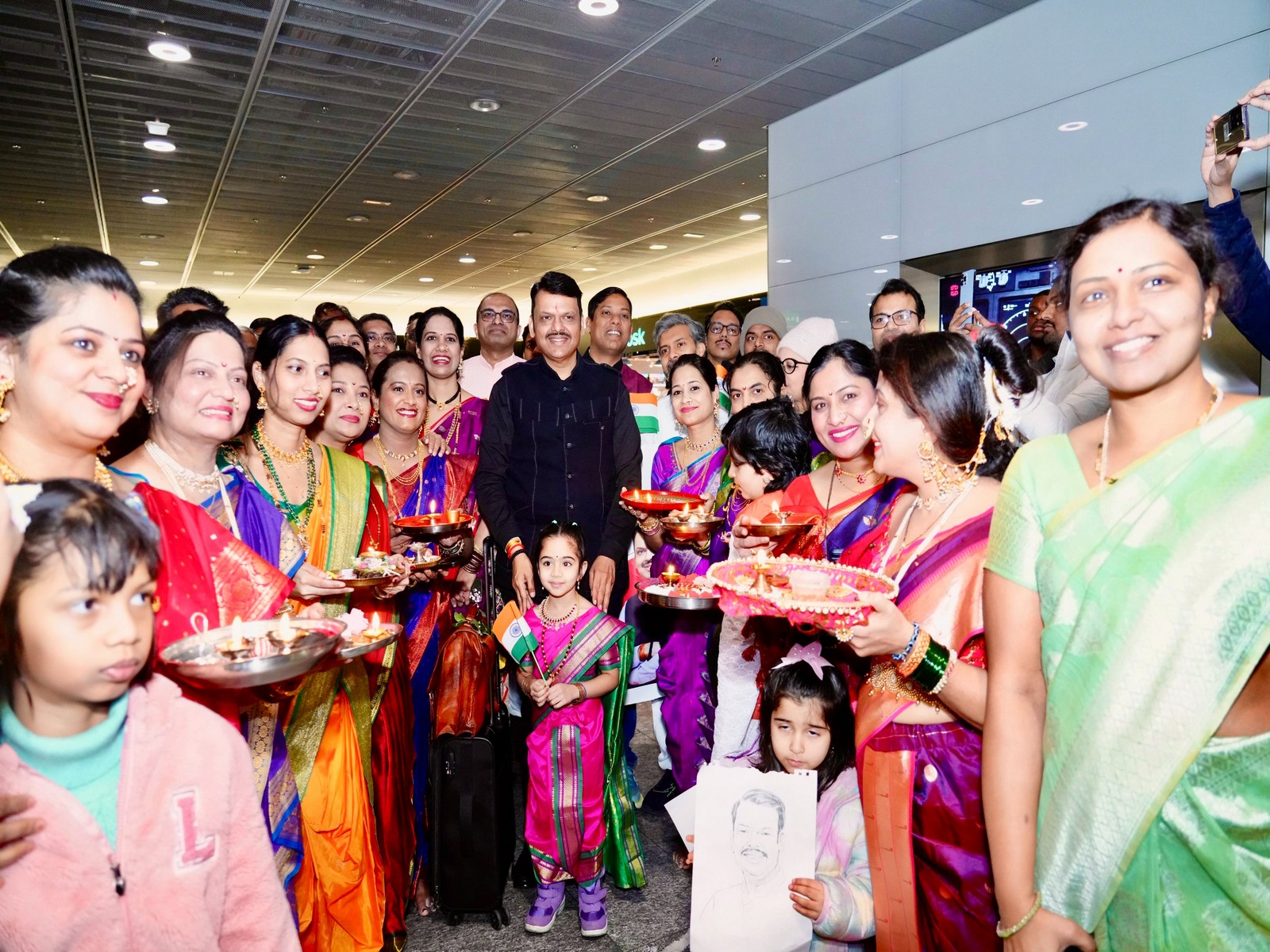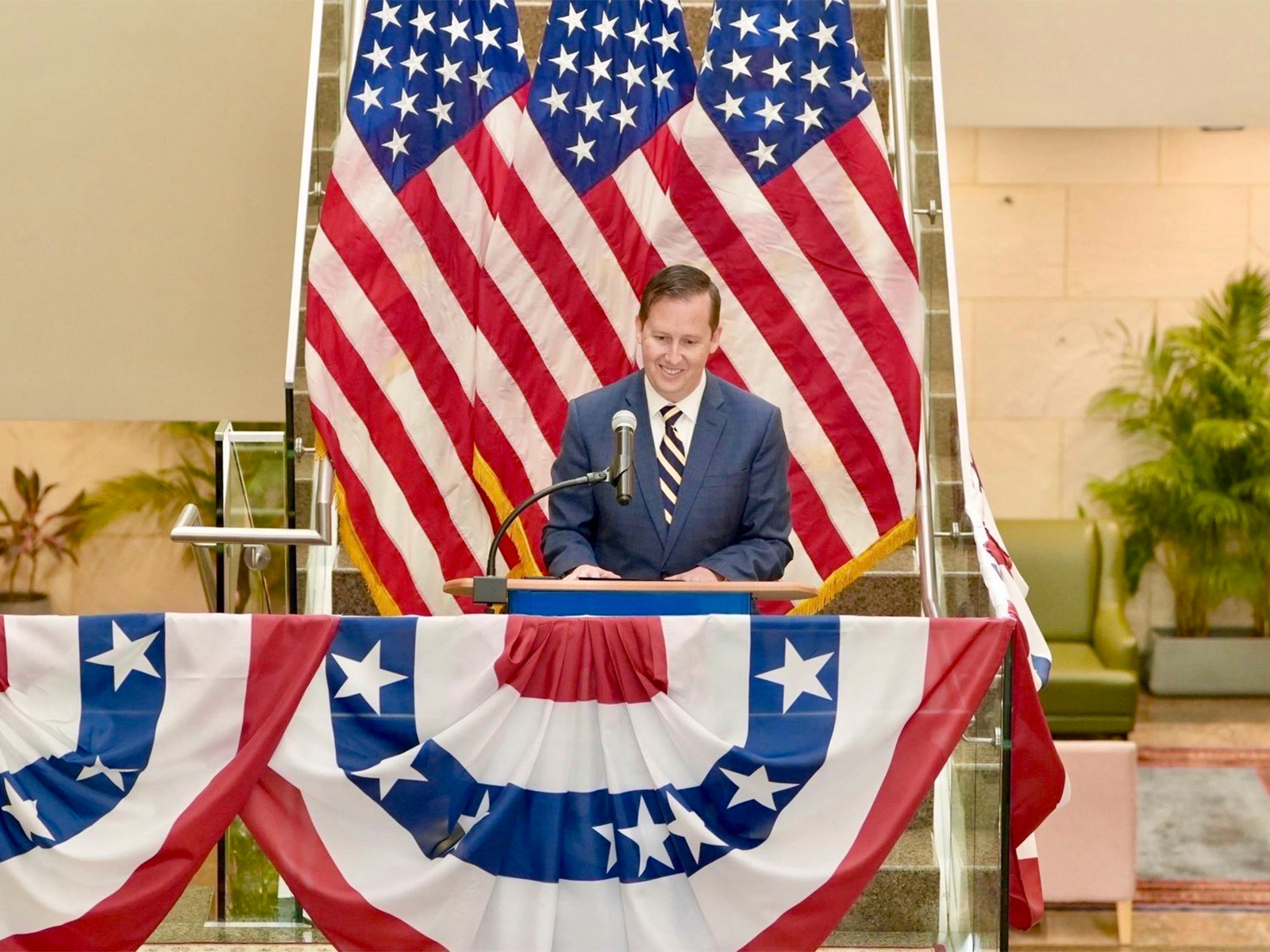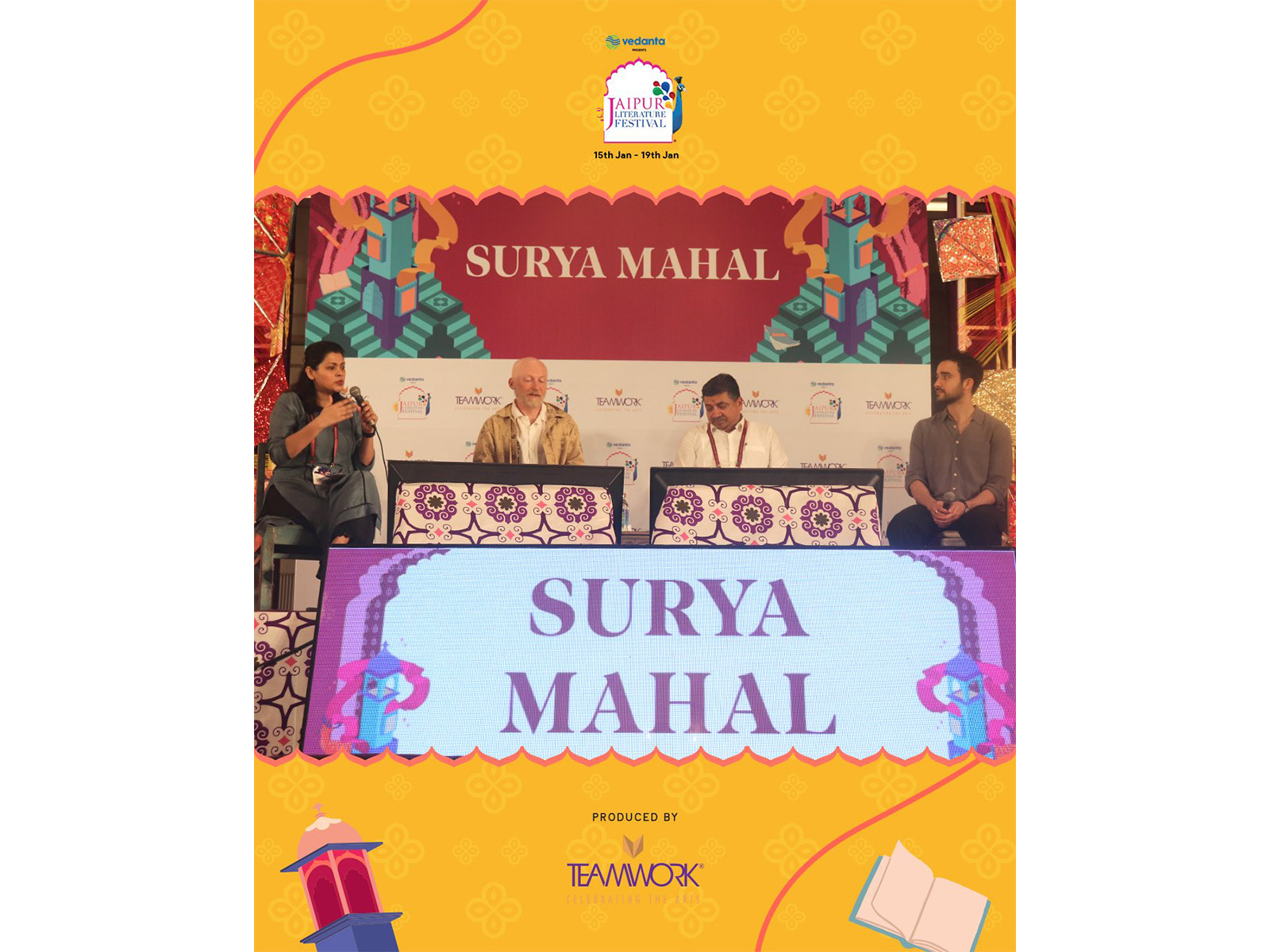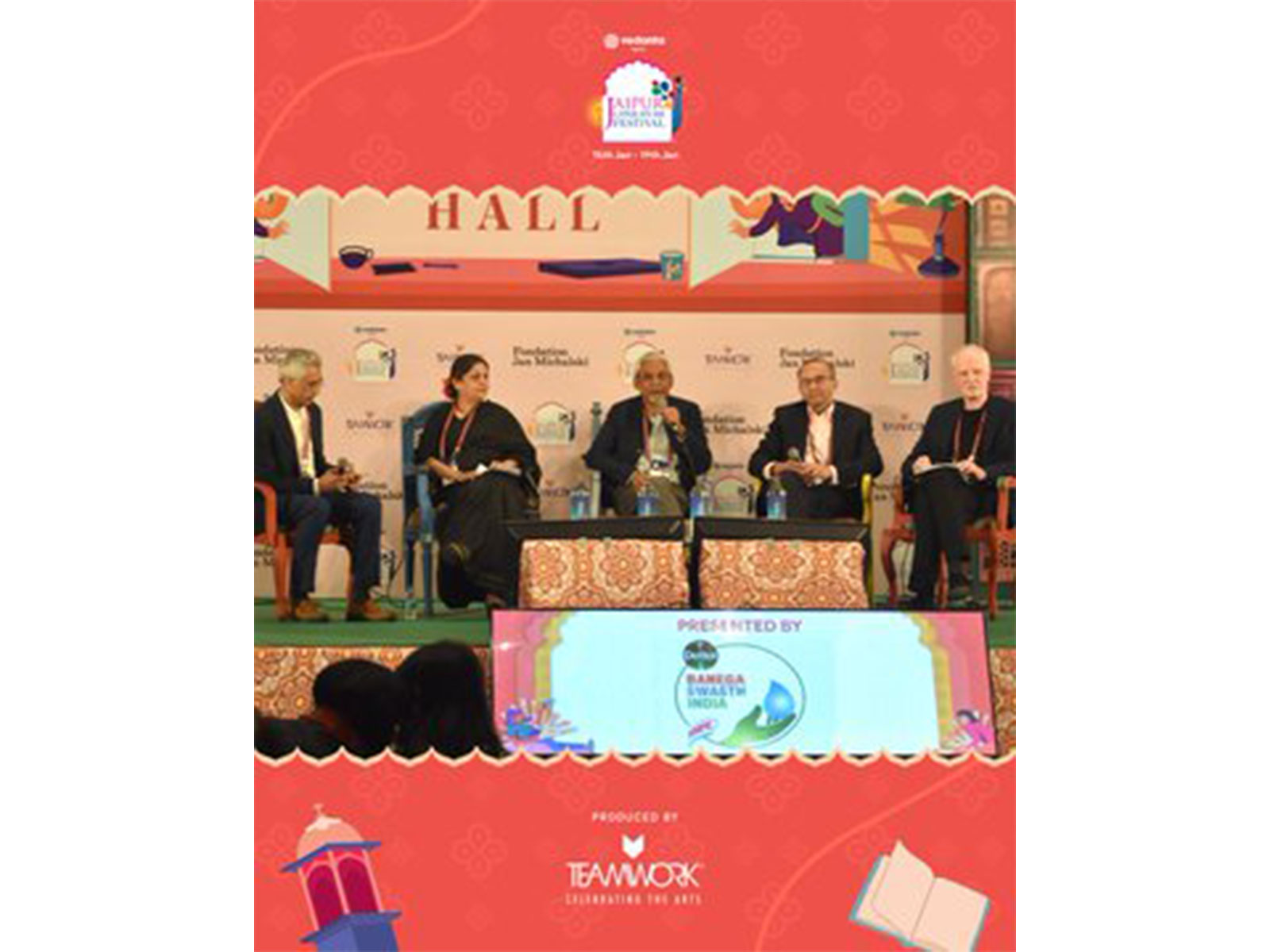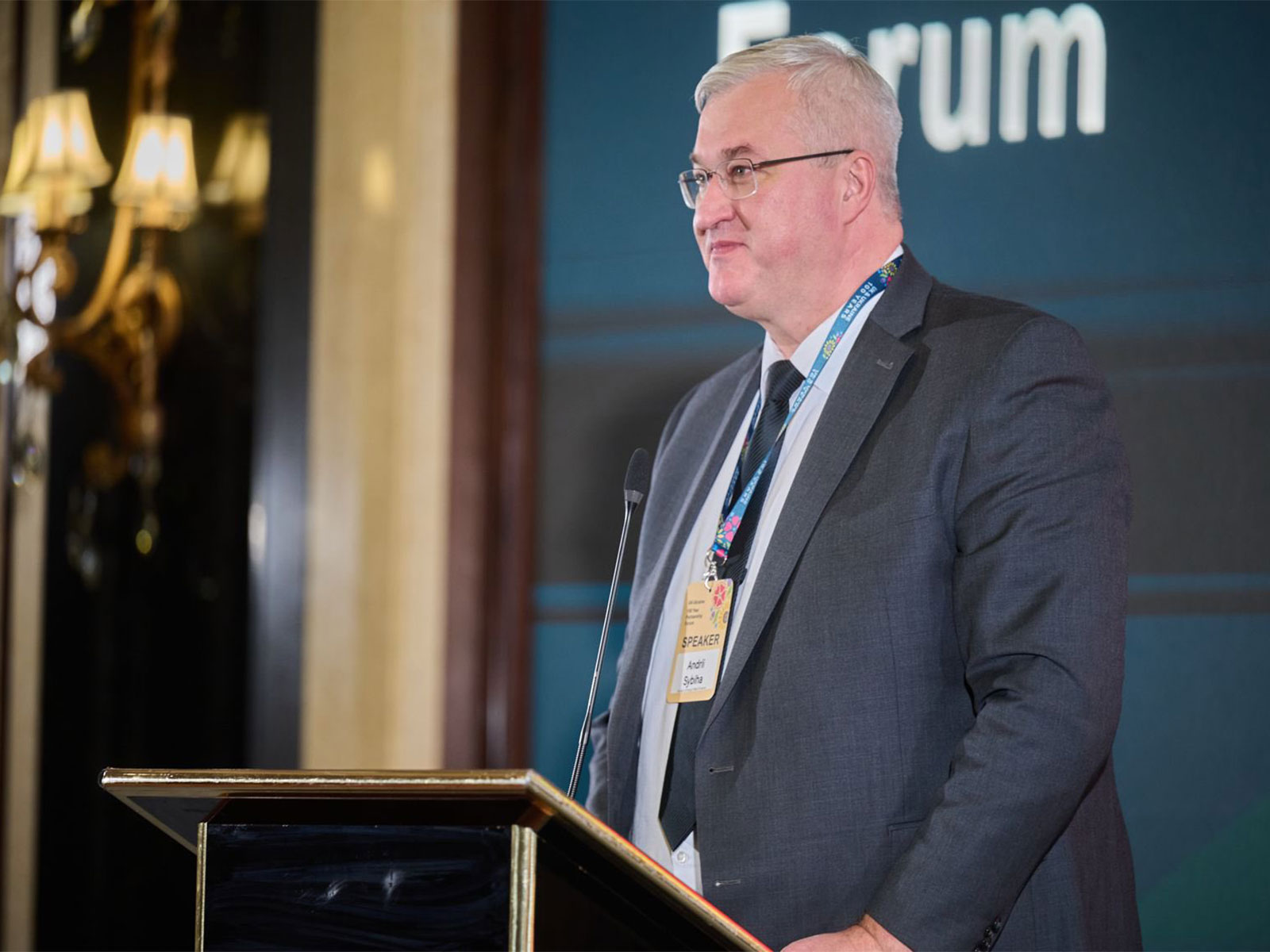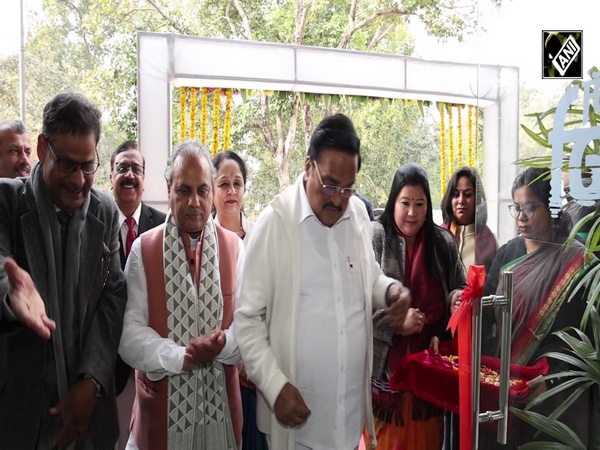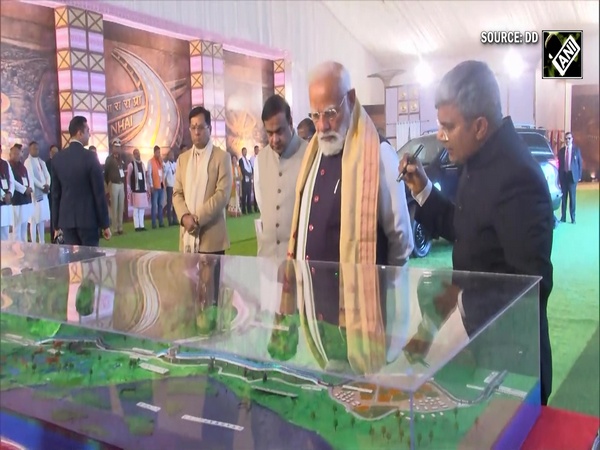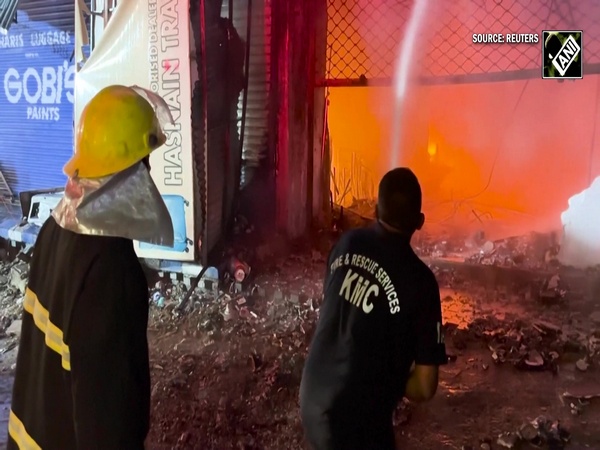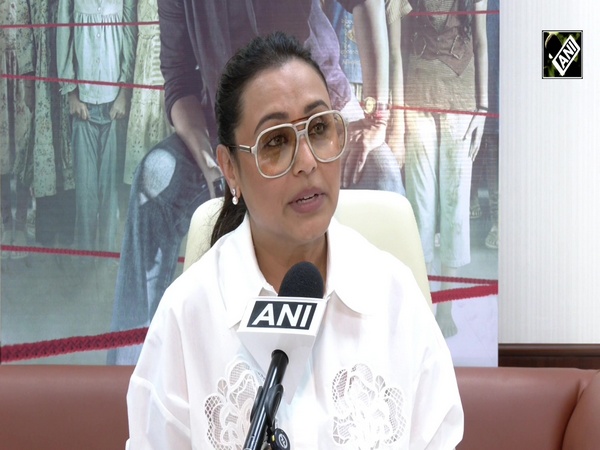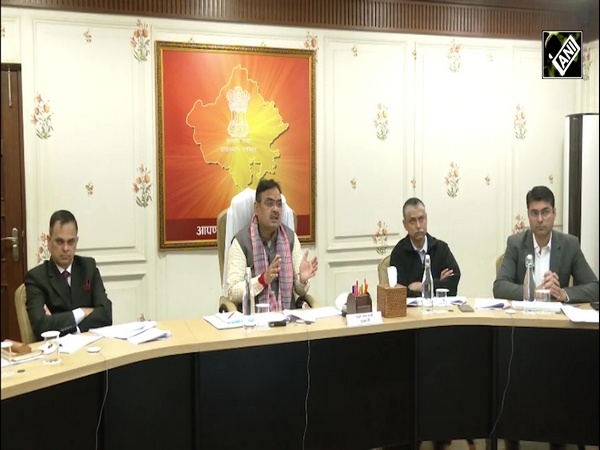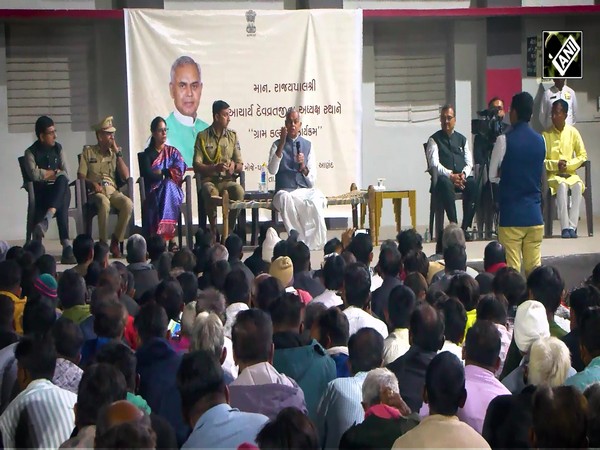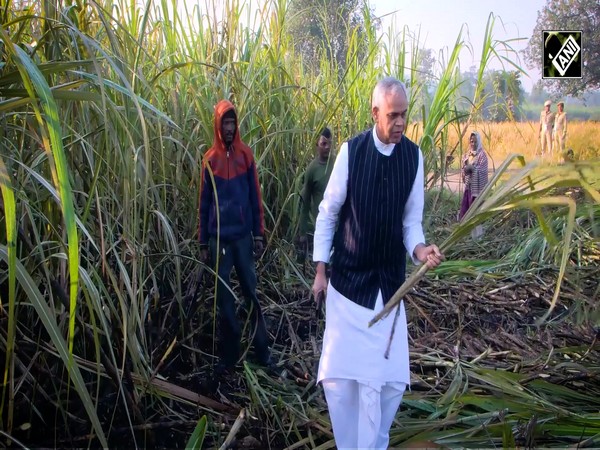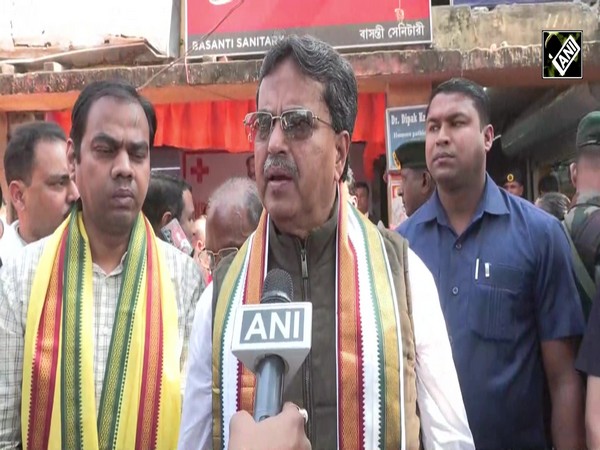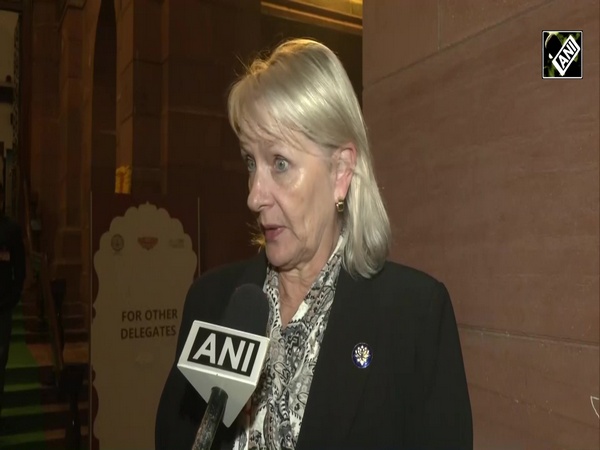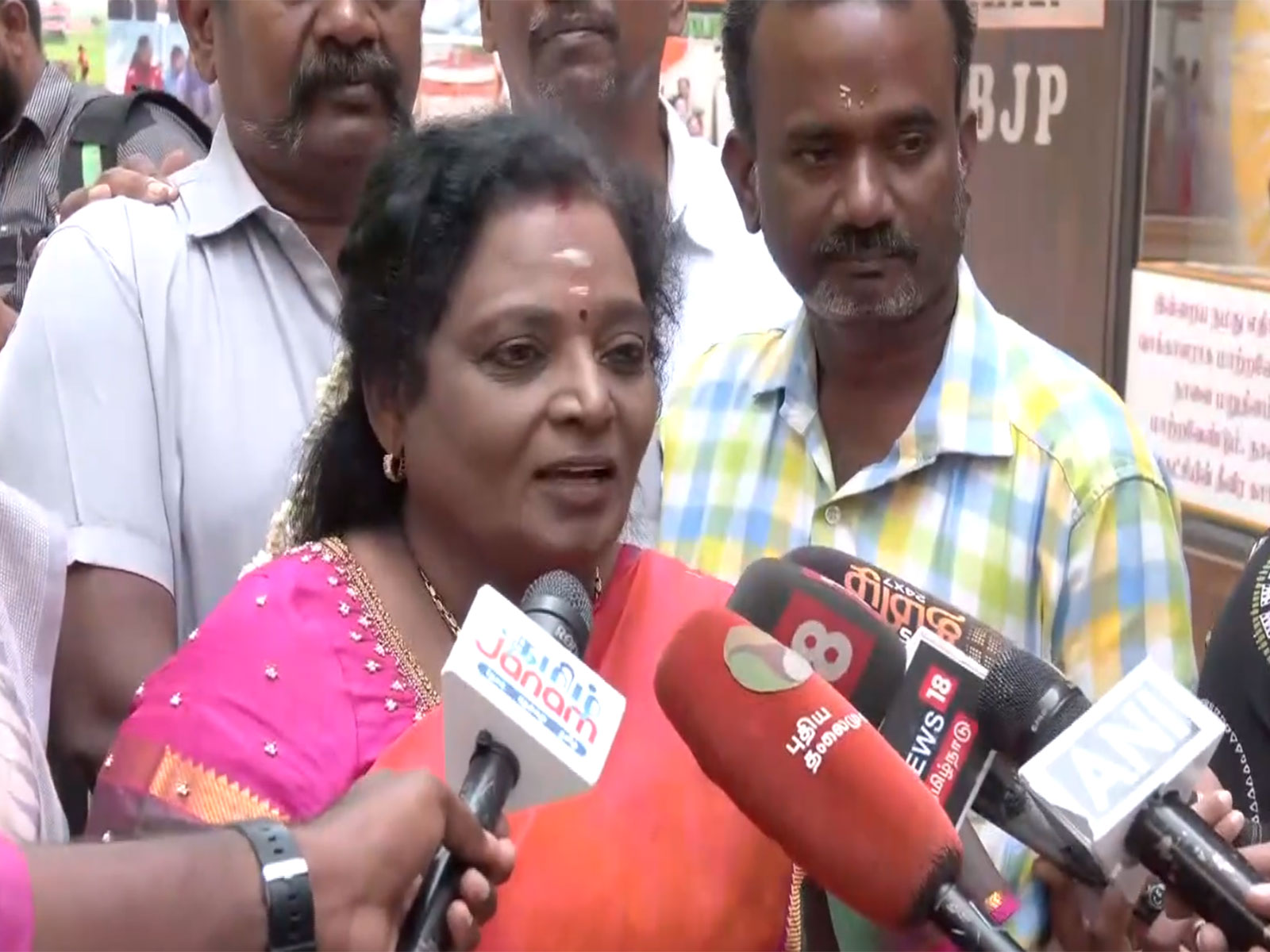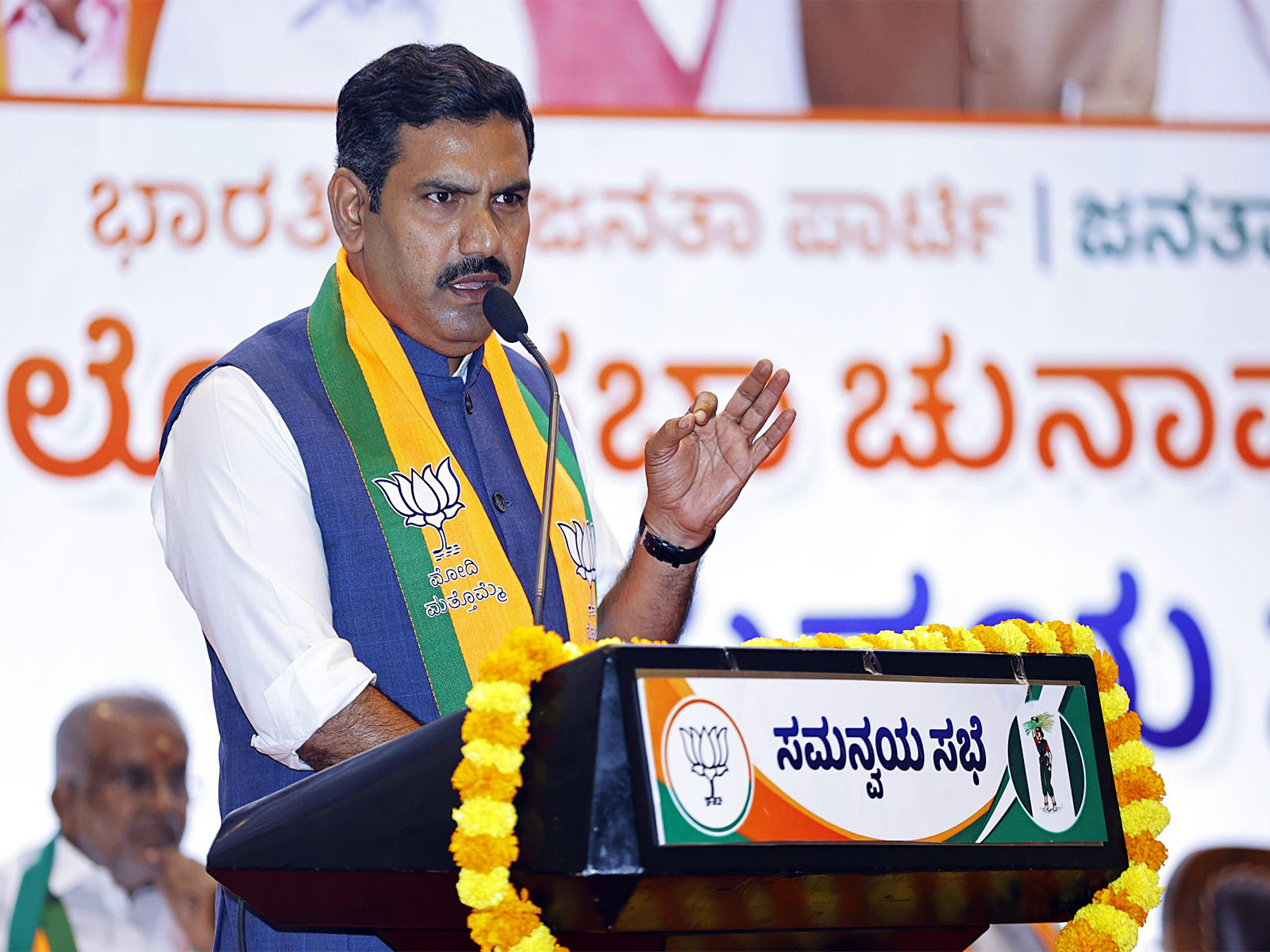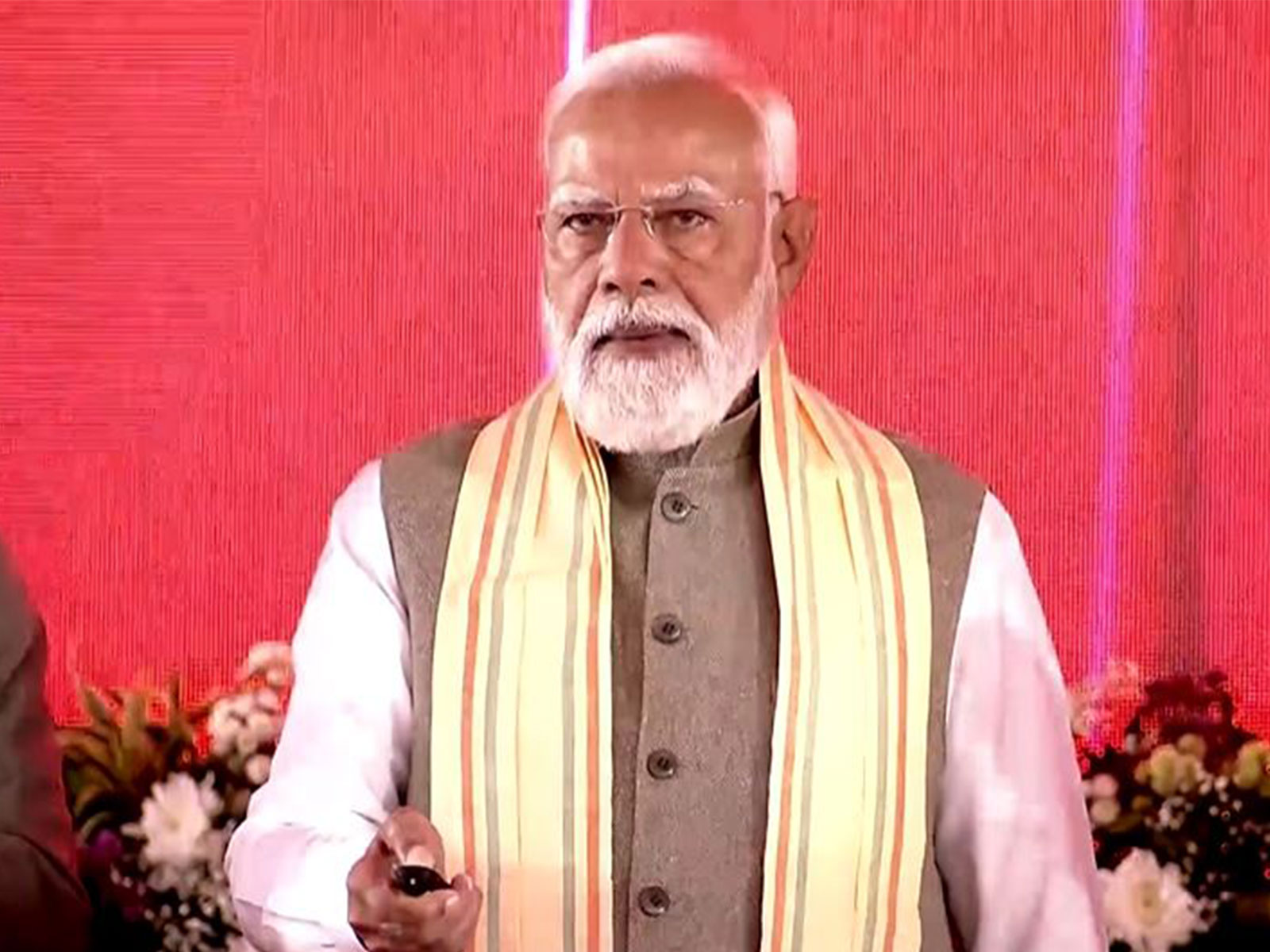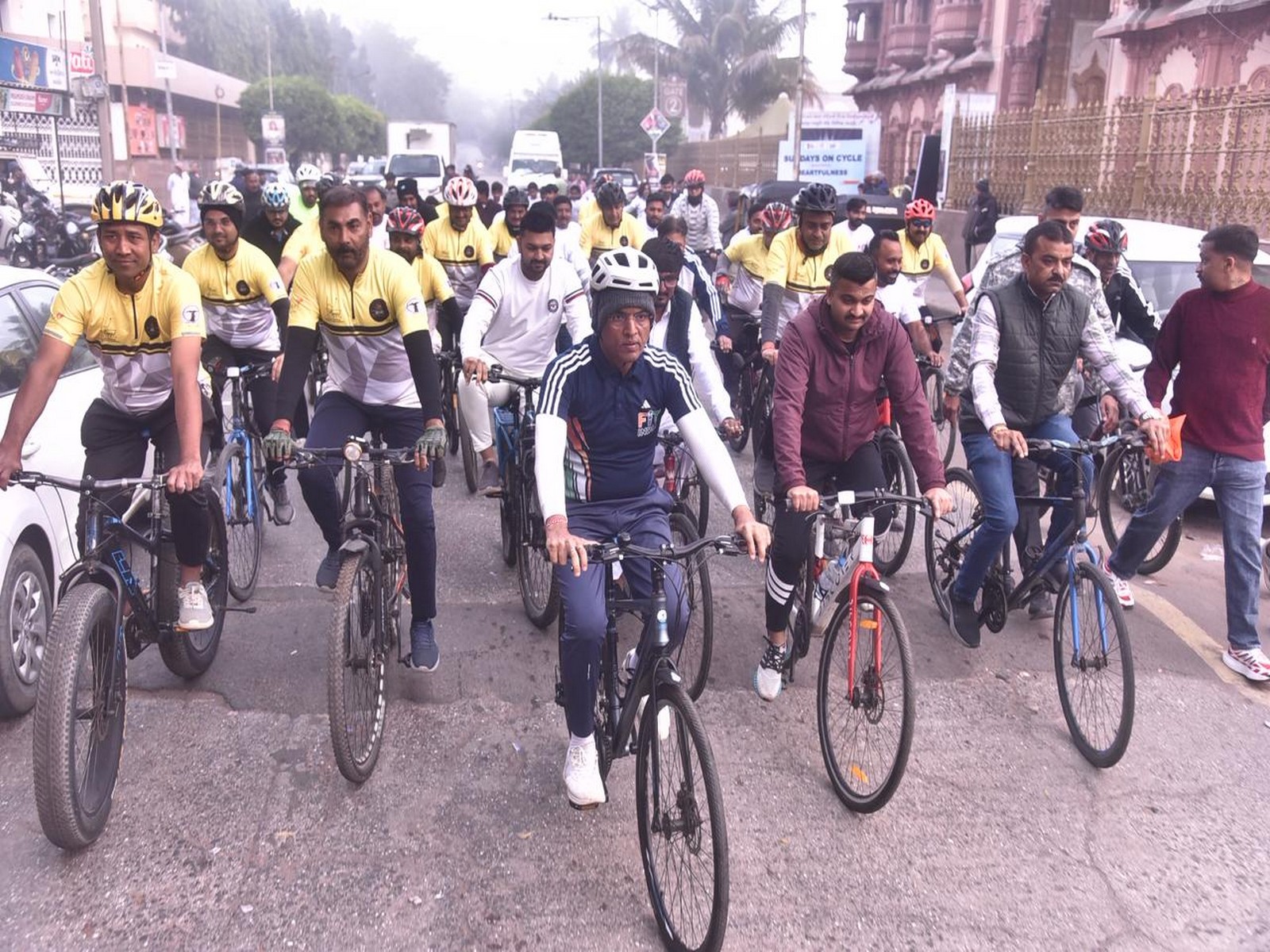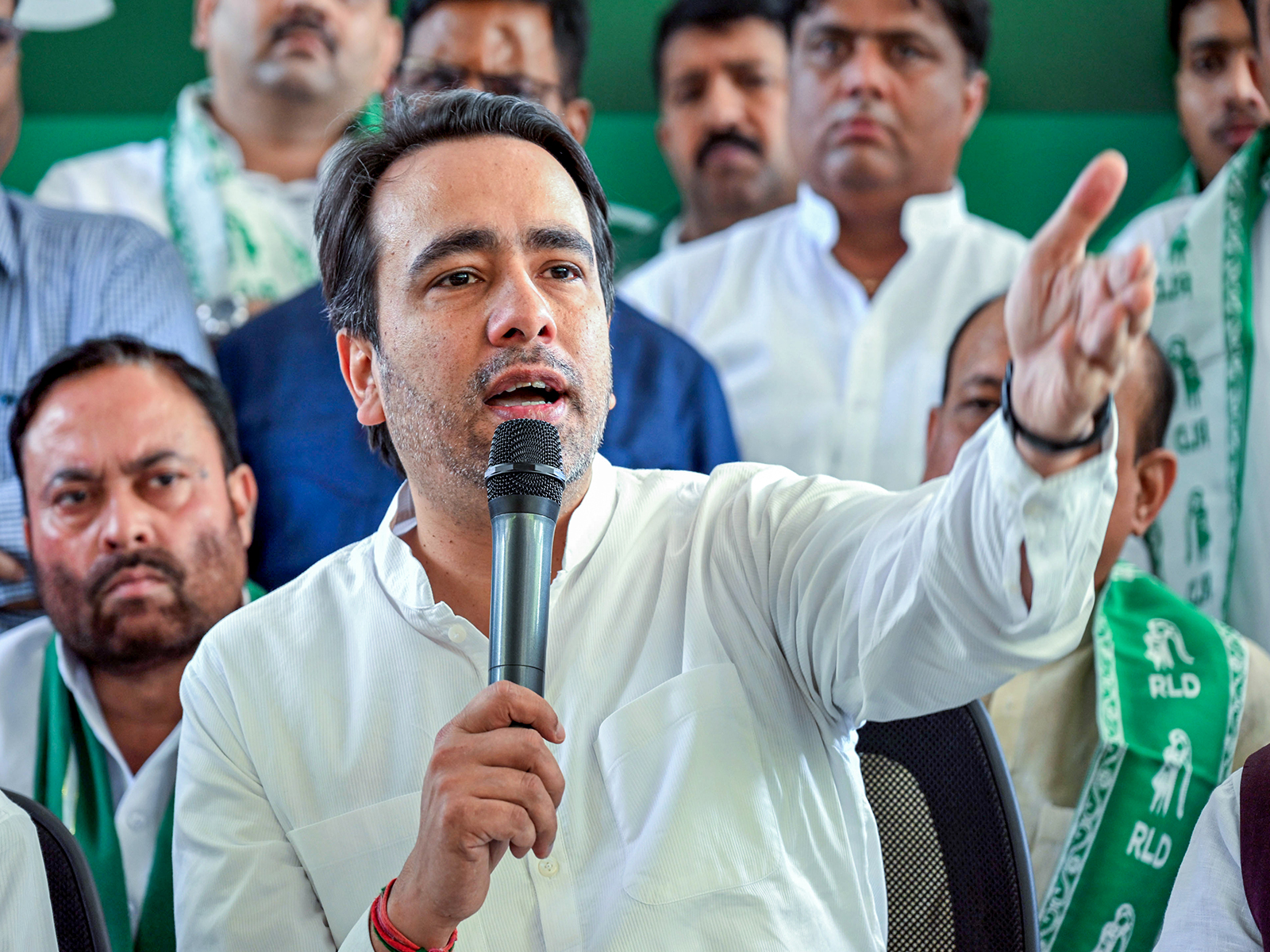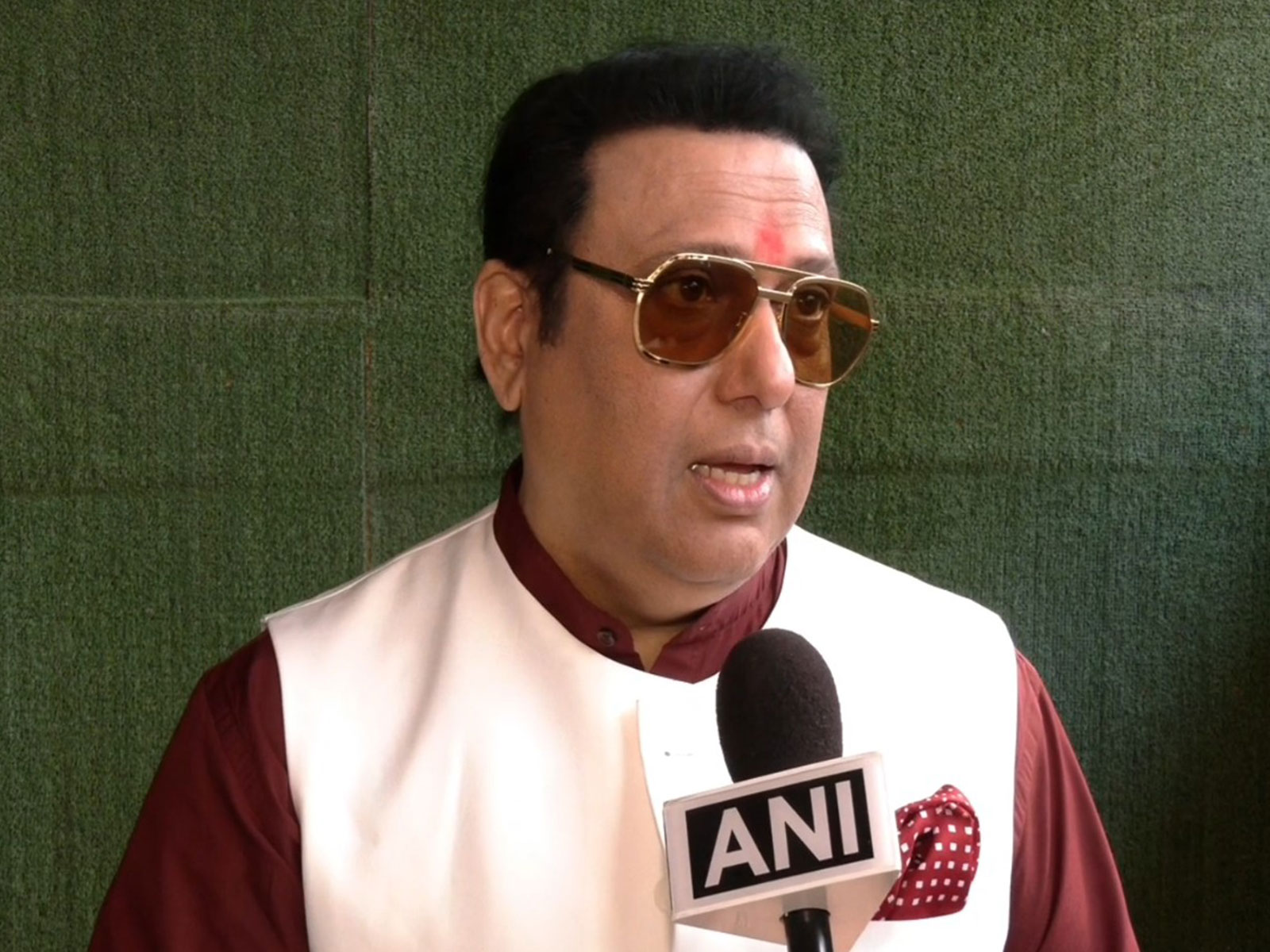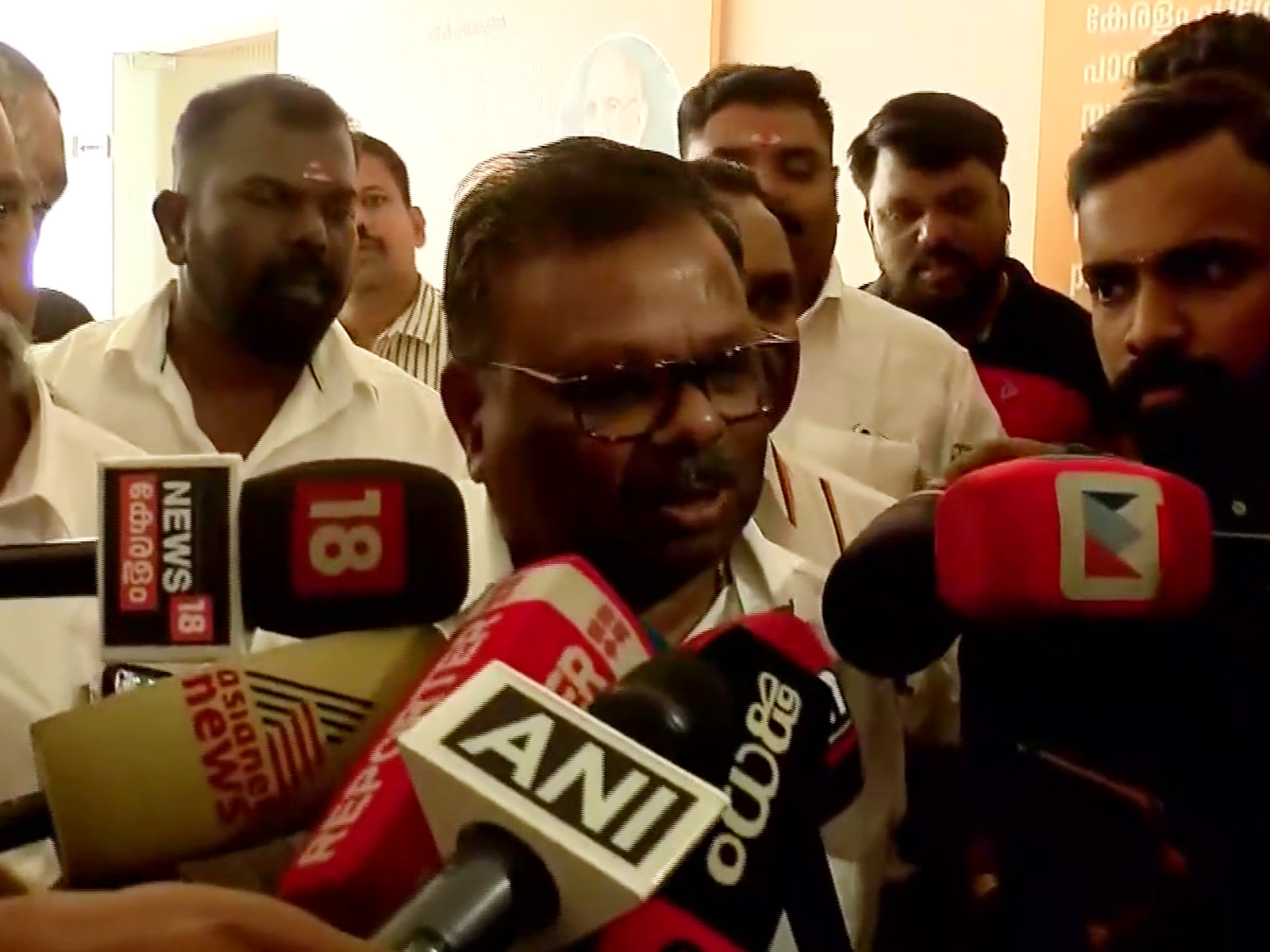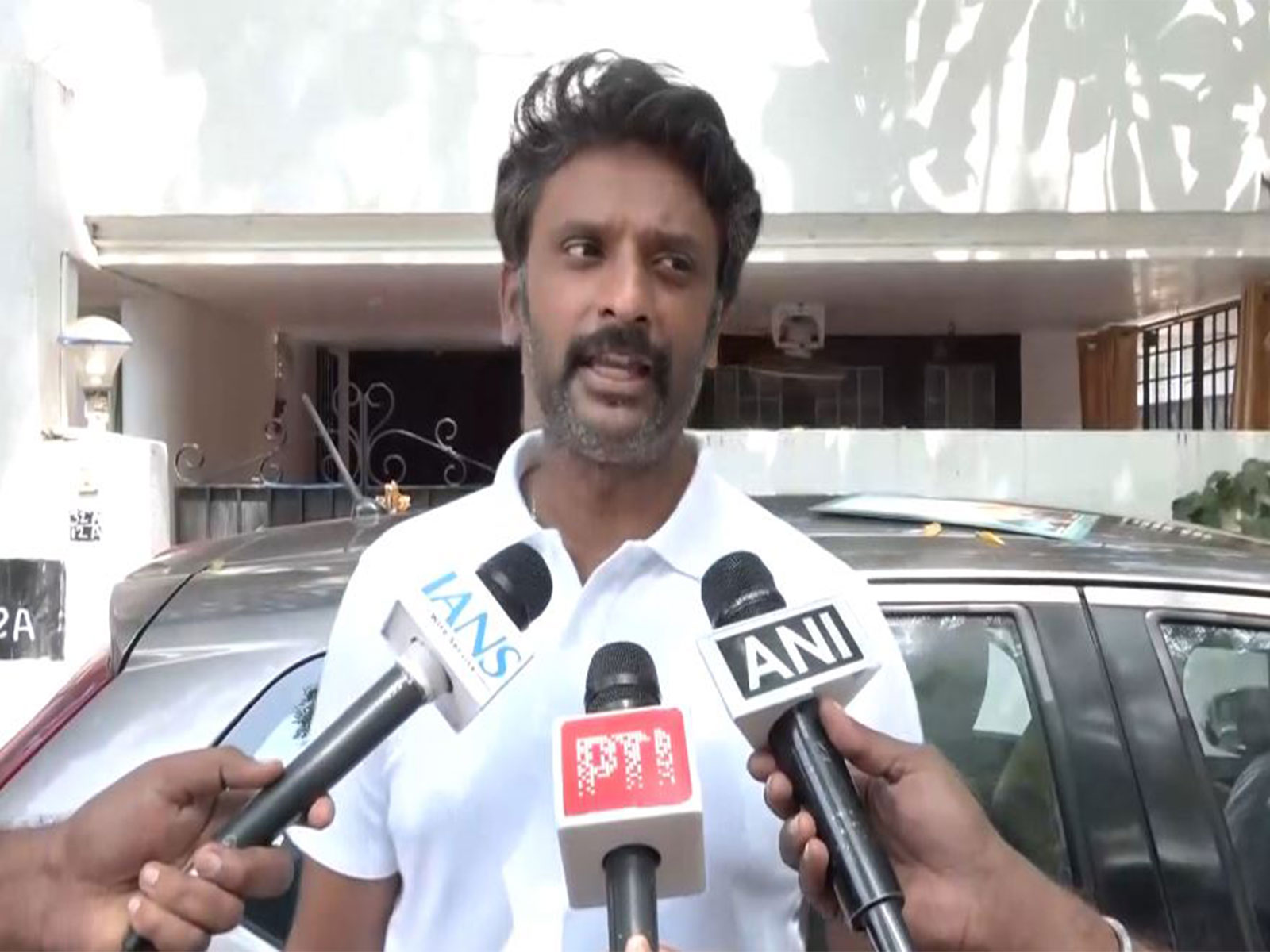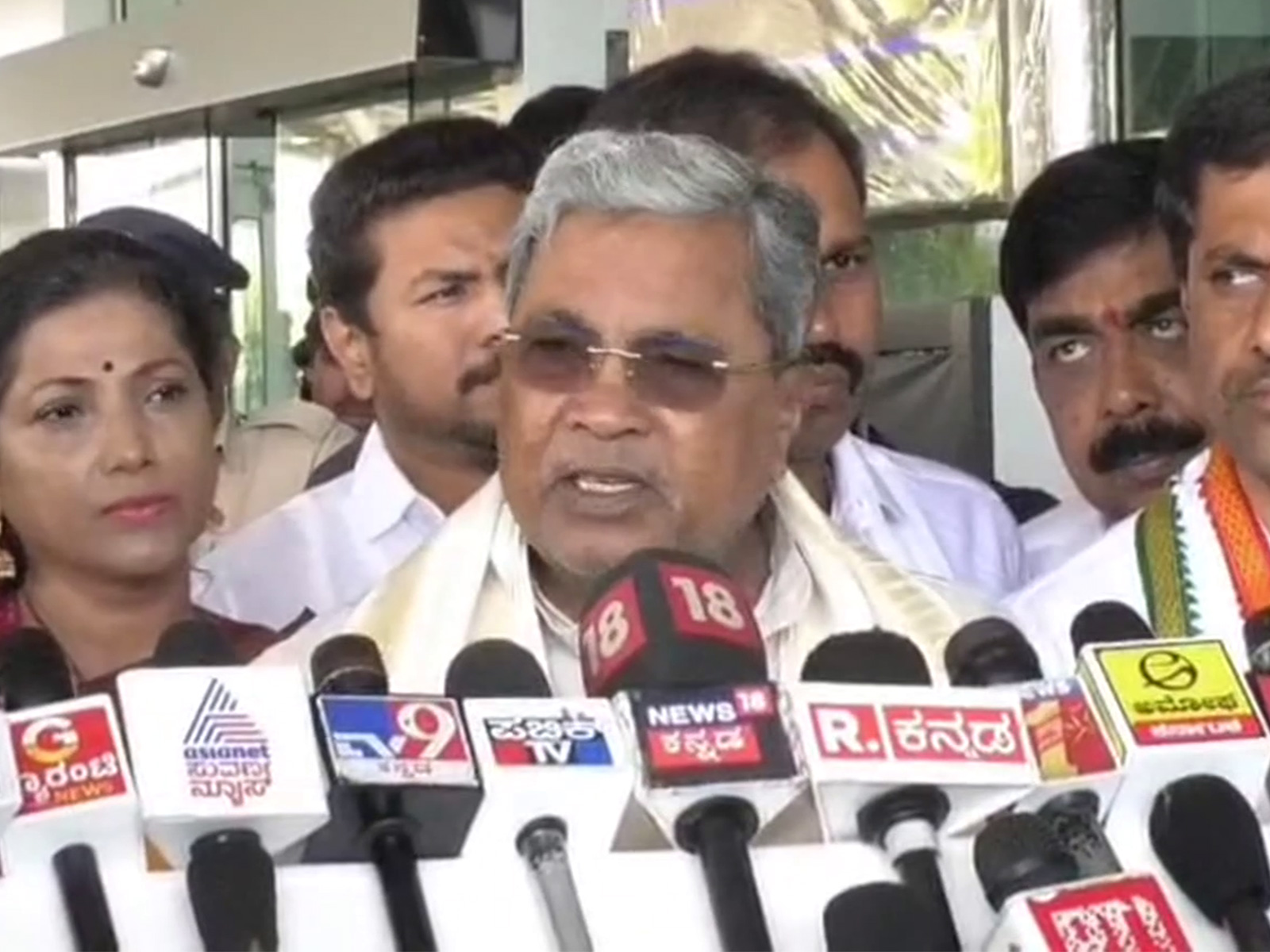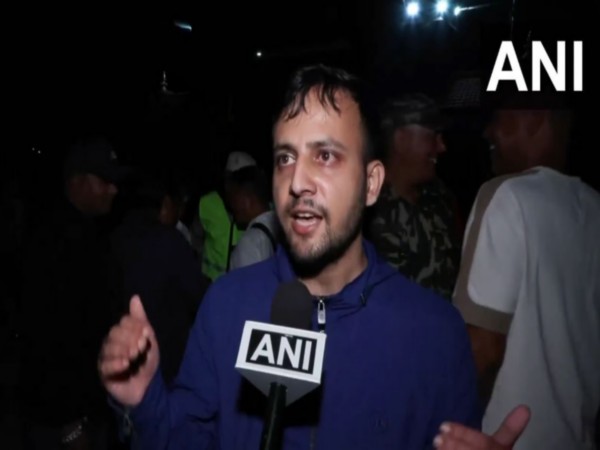
"To maintain law and order, Nepal requires knowledgeable person...", says student amid tense atmosphere
Sep 10, 2025
Kathmandu [Nepal] September 11 : A day after Nepalese Prime Minister KP Sharma Oli resigned, leaving a leadership vacuum in the country amid heightened political tensions following violent protests, youth in Kathmandu voiced support for law and order.
Amid the tense atmosphere, discussions have begun over who should lead the transitional government. Students and young citizens have backed former Chief Justice Sushila Karki, citing her legal background.
"My immediate concern is the law and order in the country. To maintain it, the country requires a person who is knowledgeable about the law. For this, Sushila Karki is the right option," a Nepali student of International Affairs and Diplomacy in Kathmandu told ANI.
Another youth also endorsed Karki's name. "This is an interim government. We have given her (Sushila Karki) name to protect democracy in our country," the youth said, pointing to the public demand for credible leadership during the crisis.
Amid the ongoing turmoil in the nation following Oli's resignation, Sushila Karki's name comes up as one of the possible candidates to lead the new transitional government, sources told ANI. 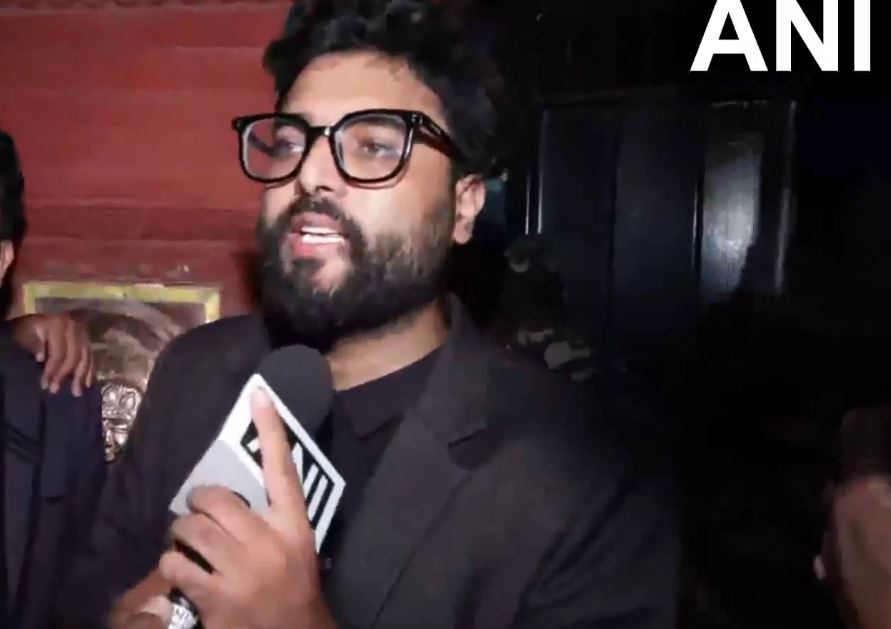
The army remains deployed in several parts of Kathmandu as protests continue. Demonstrators, largely youth-led, insist that the next government must introduce stricter measures to curb corruption and restore stability.
According to The Himalayan Times, citing an official statement from the President, he called for resolving the crisis without further bloodshed or destruction through dialogue.
"I urge all sides to remain calm, prevent further harm to the nation, and come to the table for talks. In a democracy, the demands raised by citizens can be addressed through dialogue and negotiation," the statement read, as quoted by The Himalayan Times.
The protests began on September 8 in Kathmandu and other major cities, including Pokhara, Butwal, and Birgunj, after the government imposed a ban on major social media platforms, citing tax revenue and cybersecurity concerns.
Protesters are demanding an end to institutionalised corruption and favouritism in governance. They want the government to be more accountable and transparent in its decision-making processes.
The protesters are also demanding the revocation of the ban on social media platforms, which they see as an attempt to suppress free speech. As tensions mounted, the situation quickly escalated on the ground.
At least 30 people were killed and 1033 were injured in clashes with security forces. A curfew was imposed in several cities, including Kathmandu, to control the situation.

